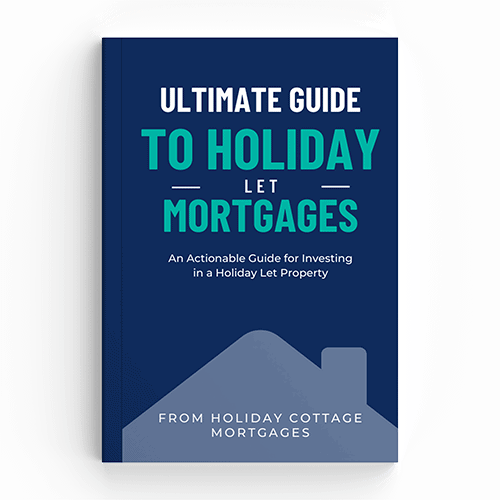It’s news that HCM welcomes and that we believe is well overdue; the government is closing the loophole that gives second property owners leeway to avoid paying full council tax.
What was the issue?
If you run a holiday let, you can enjoy a number of tax benefits, including exemption from paying council tax on your second property. This is achieved by switching to business rates and applying for the small business rate relief scheme, which for most properties results in an annual rates bill of £0 – a substantial saving when compared to the thousands of pounds in council tax!
However, there is one key rule that some people haven’t been following: to qualify for this tax advantage, the property should be a legitimate holiday let – in other words, it must be run as a business to qualify for business rates.
The problem is that with such monetary temptation and no stringent observation by the government to date, there have been people with second homes abusing the system. They may claim that they’re running their empty property as a holiday home when in reality, they are not.
This loophole exists because as things stand, the government doesn’t require any evidence pertaining to the property’s usage… but this is all set to change.
Closing the loophole
As of April 2023, second property owners applying to switch to business rates will be required to provide proof that their holiday let is just that; a home that is rented out to holiday makers for a significant period during a year.
This evidence could entail receipts, marketing materials and letting history, and must show that the property, in the last 12 months, was being rented out for a minimum of 70 days and was available to let for at least 140 days a year. If the owner cannot provide such proof, they won’t be allowed to switch to business rates and will be forced to continue to pay council tax.
Does the property have to quality as an FHL?
In short, no it doesn’t.
A furnished holiday let (FHL) is a specific HMRC classification of rental property and to qualify as an FHL, there are strict criteria that your property must meet, including the rule that the property must be let for 105 days a year and available for letting for at least 210 days in the year. Once your property has been classified as an FHL, you’re able to claim additional tax advantages, such as the deductibility of mortgage interest for tax purposes.
As the new government ruling regarding business rates only requires 70 days of actual letting and 140 days of potential letting, technically speaking the property does not need to qualify as an FHL. The logic here seems to suggest that the government wants to see a strong element of true letting to the public, but it doesn’t go as far as to say you must be a full blown FHL.
What are our thoughts?
At HCM we are fully in favour of the government’s plan for April 2023.
There has been a lot of noise around this subject for a while, and some owners have begun to fear that the government might confuse real holiday lets with empty second homes, and harm both types of property by accident.
On the contrary, the government actually reinforced their belief in actual holiday letting. To quote the Secretary of State for Levelling Up, Housing and Communities, Rt Hon Michael Gove:
“The government backs small businesses, including responsible short-term letting, which attracts tourists and brings significant investment to local communities.”
To read more, visit https://www.gov.uk/government/news/gove-closes-tax-loophole-on-second-homes directly.
This acknowledgement of the value that genuine holiday letting brings is a welcome clarification.
So too is the effective stamping out of what is essentially tax fraud and leakage of valuable council tax revenue streams for local councils. This change should clear up the situation and provide councils with more resources to support their provision of local services to communities.
We hope that this change will further boost the opportunity for genuine buyers to buy and run a responsible holiday let, which will boost tourism within the country, bringing investment to our towns and cities.

Get your copy today!
Free eBook: The Ultimate Guide to Holiday Let Mortgages
FCA disclaimer
The information contained in this article is accurate at the time of writing, based on our research. Rules, criteria and regulations change all the time and so please speak to one of our Consultants to confirm the most accurate up to date information. Nothing in this article constitutes financial advice. You understand that by clicking any external links on this page that you will be leaving the website of Holiday Cottage Mortgages and we cannot be held responsible for the content of this external website. Please always consult your accountant or solicitor for all financial, taxation or legal matters.